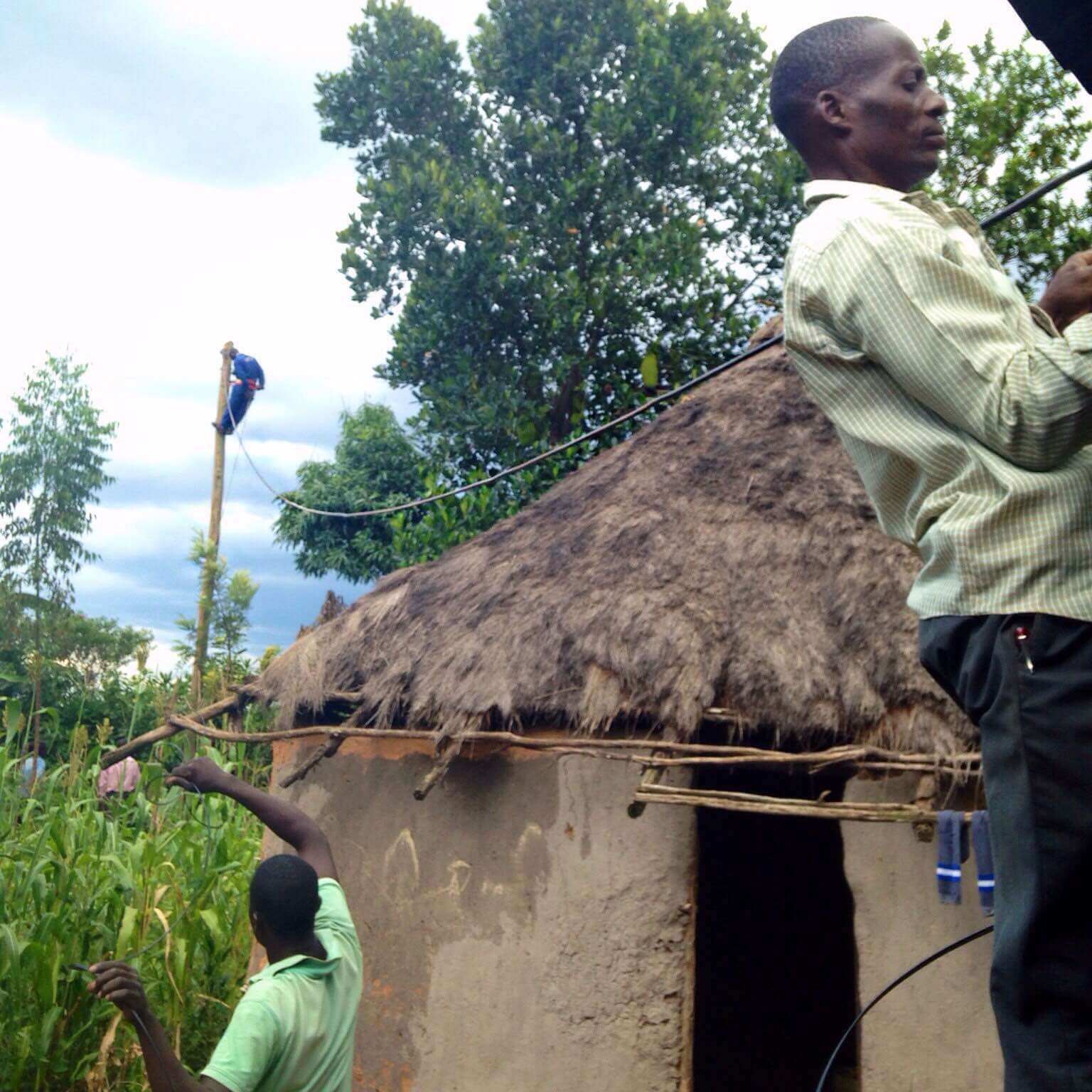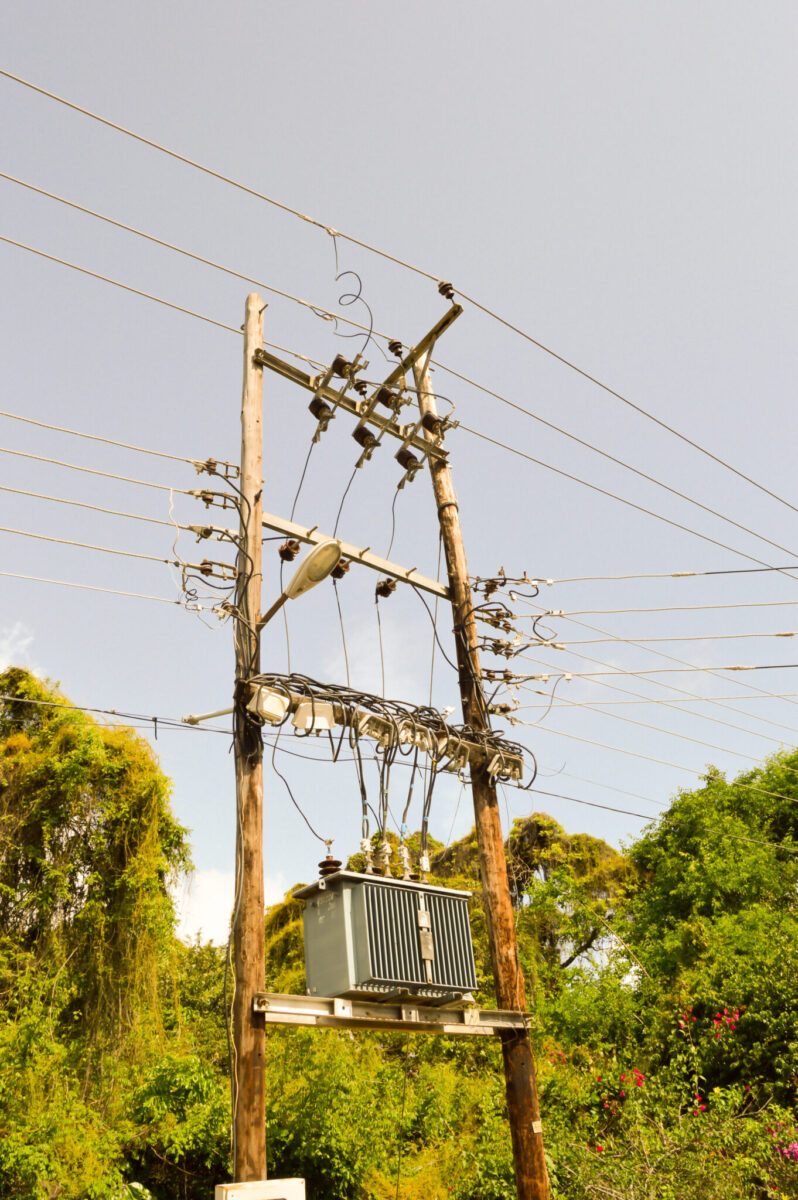Electricity Demand in Kenya

Connecting households to the electricity grid in Siaya, Kenya. Impacts of grid connections were assessed as part of the Rural Electric Power Project (REPP), funded by CEGA. Photo Credit: Matt Podolsky
Research informs Kenyan government decisions to adjust household subsidies for grid connections.
Access to electricity is considered an important driver of economic growth. Yet roughly 600 million people in Sub-Saharan Africa—over two-thirds of the population—are without electricity. Policymakers often assume that rural, unelectrified households can’t realistically be connected to the electricity grid due to logistical challenges. Yet there is also a widespread belief that grid connectivity can fuel economic activity and accelerate poverty reduction. Emerging evidence has challenged both these assumptions.
A 2016 study in Western Kenya led by CEGA affiliated faculty Catherine Wolfram and CEGA Faculty co-Director Ted Miguel surveyed 13,000 unelectrified rural households and found that half were located within a short distance of the national electricity grid. This finding suggests that households can conceivably access the grid but the costs are simply too high for poor households to afford.
A subsequent phase of the research, implemented in partnership with the government’s Rural Electrification Authority (REA), offered households subsidies of varying amounts to connect to the grid. Offers were randomly assigned to households across a large number of villages, allowing researchers to map consumer demand for access to electricity. The research team examined both take-up of the subsidy and the impacts of the resulting grid connection. While take-up predictably declined as prices increased—with most households accepting a fully-subsidized grid connection—there was little willingness to pay for electricity access (only 24% of households were willing to pay for electricity at the highly subsidized rate of $171 / connection).
Even more surprising, the socioeconomic impacts of electrification were nearly non-existent. Researchers found zero impact of electricity access on asset ownership, consumption levels, health outcomes, or student test scores, and only observed employment and business ownership improve for households with a high willingness to pay for electricity in the first place (suggesting they had pre-existing liquidity). Researchers did find a small but statistically significant impact on life satisfaction. Possible explanations for these unexpected results include the unreliability of grid power (which makes it difficult for any business to operate without back-up), and household’s inability to pay for labor-saving appliances.
Despite minimal socioeconomic impacts of electrification, these null results have proven highly influential. The study’s data on household demand was shared with Kenya government officials at the highest level, and informed their decision to adjust subsidies for grid connections.
They also demonstrate that lifting people out of poverty may require a more comprehensive approach to ensure that electricity is not only affordable, but reliable, usable, and available to the whole community—and paired with other important investments, including running water, basic sanitation, quality education, healthcare and more.





